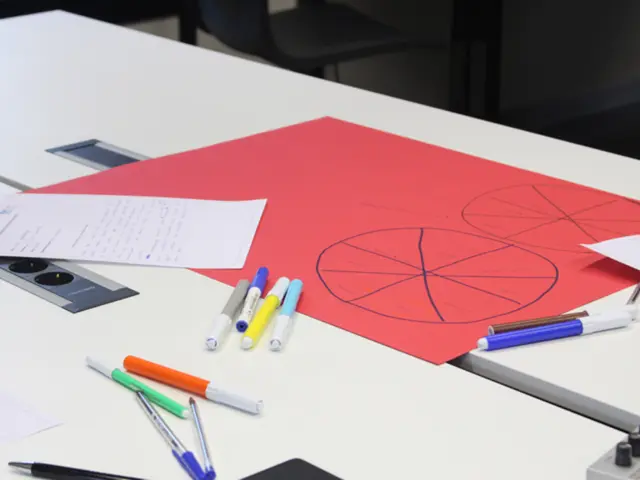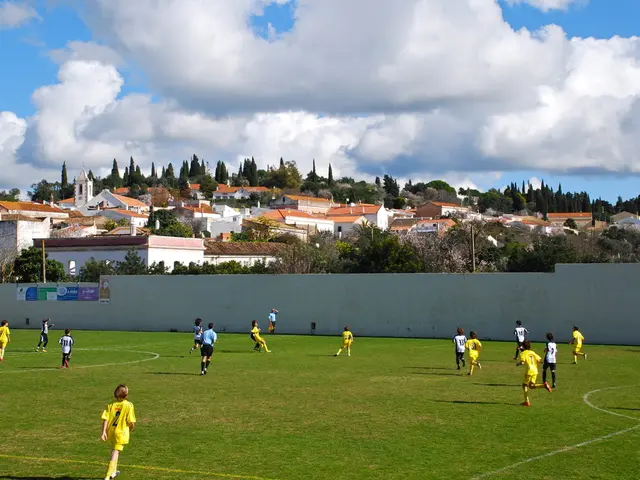IRCC Faces Growing Backlog in Processing Applications, Despite Advancements in Study Permit Processing
Immigration, Refugees, and Citizenship Canada (IRCC) has made significant strides in reducing the backlog of applications over the past few months, according to recent data.
The percentage of study permit applications in the backlog has fallen significantly, dropping from 45% in February to 18% in June. This decline indicates a more efficient processing of applications, providing relief to thousands of international students.
However, the backlog for Express Entry applications has seen a slight increase. As of June 30, approximately 20% of Express Entry applications were considered backlog, an increase from the previous month's 18%. This increase may be attributed to the high volume of applications received, and IRCC continues to work diligently to process these applications as efficiently as possible.
The backlog for visitor visas has also shown a minimal decrease, with the percentage reducing very slightly from 54% in May to 53% in June. The reduction, albeit small, is a positive indication of progress in managing these applications.
IRCC has been leveraging advanced analytics and automation technologies since late last year to aid immigration officers in application sorting, identifying complex cases, and summarization. These technologies are expected to further streamline the application process and reduce the backlog in the coming months.
The application backlog includes applications for Express Entry, Express Entry-aligned Provincial Nominee Program (PNP) streams, and family sponsorship applications. As of June 30, there were 842,800 applications in the backlog at IRCC.
The total number of applications in all IRCC inventories was 2,189,500 as of June 30. Of these applications, 661,100 (64%) of temporary residence applications were processed within service standards. IRCC aims to process 80% of applications within its standard processing times.
Since mid-last year, IRCC has implemented measures such as increasing staffing levels, enhancing digital processing systems, prioritising applications, and streamlining procedures to reduce the application backlog. Despite these efforts, the application backlog increased by 5.02% from 802,000 at the end of May.
The temporary residence backlog consists of work permits, study permits, and visitor visas. The citizenship applications backlog remains consistent within the target percentage at 19%.
As of June 30, 2025, IRCC had a total of 896,100 applications in its inventory for permanent residence immigration programs. A total of 480,300 (or 54%) of these permanent residence applications were processed within IRCC's service standards. This leaves 379,600 applications in the backlog for temporary residence.
The percentage of work permit applications in the backlog inched upwards from 38% as of May end to 40% as of June end. The increase in the work permit backlog may be due to the high volume of applications received and the complexity of some cases.
Despite the progress made, the application backlog remains a significant challenge for IRCC. The organisation continues to work tirelessly to process applications as efficiently as possible and to reduce the backlog further.
Read also:
- United States tariffs pose a threat to India, necessitating the recruitment of adept negotiators or strategists, similar to those who had influenced Trump's decisions.
- Weekly happenings in the German Federal Parliament (Bundestag)
- Southwest region's most popular posts, accompanied by an inquiry:
- Discussion between Putin and Trump in Alaska could potentially overshadow Ukraine's concerns








